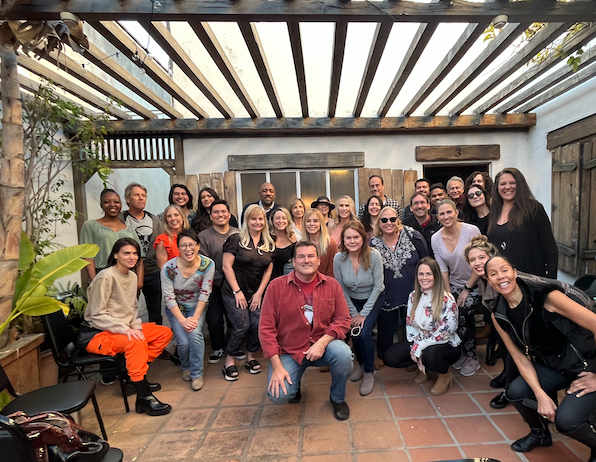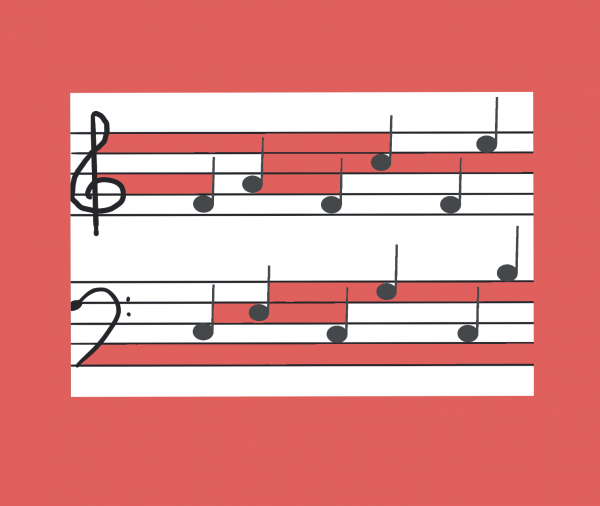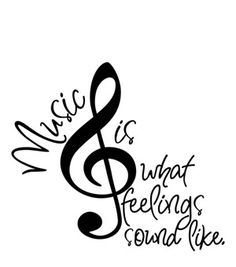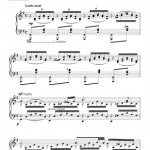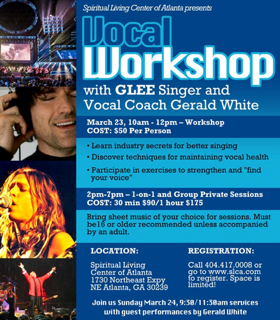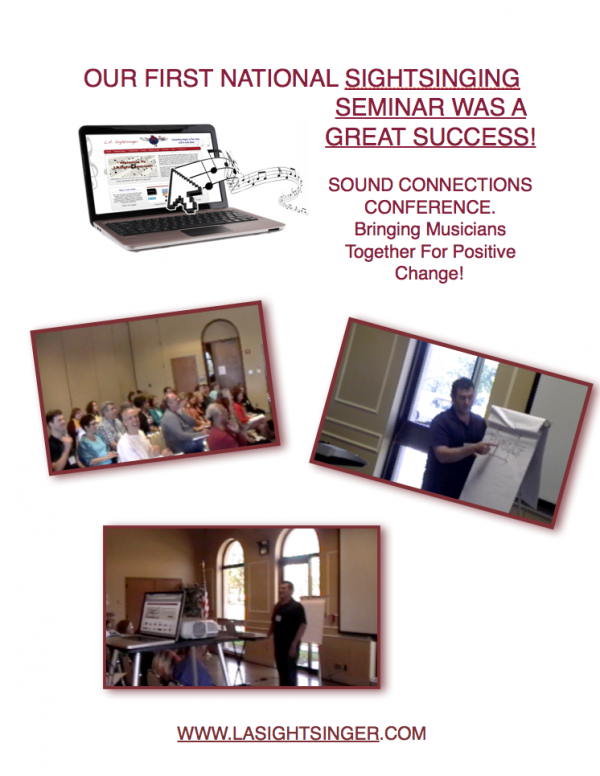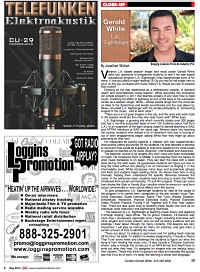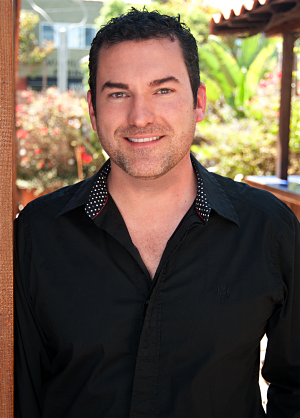
When a singer says to me, “I just don’t like my voice,” I’m left with a bunch of questions swimming around in my head. Since I’m more of a technician, I often ask what qualities in your voice are the ones you are not a fan of. Then if there are certain qualities you don’t like, we start to change those or give you options to modify and find alternate sounds to try. If it’s a breath issue or a muscle tension issue, then we can address that as well.
However, more often than not, it’s just as simple as you not liking the sound of your voice at all. This can stem from many things outside the technical realm of voice production. What did others say to you when you were a kid when you would sing? Did you always want to sound like a certain singer? Did your parents or friends have expectations of you that you felt you should live up to but really don’t want that at all for yourself? Was there abuse? Verbal? Physical?
As you know, the voice is so much more than an instrument to carry a melody. It’s the expression of your soul, your intentions, your desires and likes and dislikes. It is the “voice” or your person. It reveals the inmost feelings and emotions on a deep cellular level.
Ok, now that we know you don’t like what you are hearing let’s go a little deeper. Is it the actual sound you don’t care for, or is it YOU you don’t care for? Are you expecting a response in people and not getting that? Do you feel your self expression is just not coming through?
This goes down to a core of self love, acceptance of what you were given when you entered into this world, and learning to love that. No different than looking in the mirror and loving your body, loving who you came to this planet to be. Sometimes it’s learning to love what you believe to be ugly and then having the result you are expecting instead of the other way around.
I remember playing baseball for 3 years when I was in my teens. Don’t laugh, but I NEVER once hit the ball when standing on the baseball field. One day I got into the car and started crying and told my Mom I didn’t want to do this anymore. She said, “ok.” Wow that was easy, you mean I don’t have to do this? She said no. I felt deep down that it was expected of me because that was “what you did” when you were a teenage boy in the south. No one made me. But I was trying to be something and do something that in no way was a gift to me or a given talent. Now does that mean I can’t be active and play a sport if I want to? Not at all. But it does mean that I shouldn’t hold an expectation of a result that wasn’t mine to begin with. If I now want to go and play a sport or something with a friend, I have a new awareness of what this is for and why I’m doing it. Are you following me?
Now let’s back up to your voice. Some are just born with this amazing ability to make a beautiful sound. It’s truly a gift. However, some of the most influential singers/performers on the planet don’t have a “beautiful” voice but they know what they want to say and their expression is received a million times over. Lives are changed. People’s hearts are touched.
Let’s look at “why” you want to sing. Do you really want to sing? Whose expectation are you filling? When you say “I love you” to someone are you going back and wondering what was the actual sound of your voice when you said that? Of course not, you had something to say and you said it. If you are going to sing, revisit why it is that you want to do that. Do you really love to sing? Do you sing all the time? Are you using this as a way to deal with a past that has yet to be dealt with? Do you just want to be recognized? Adored? Validated?
If you are this person who just doesn’t like your voice, I encourage you to dig deep and find out what is underneath the desire to begin with. If it’s technical, it’s a pretty simple fix. Most likely though, it’s at the root of a self love you have yet to realize.
Many of you know my student Alan. He was my very first student in LA in 1993. And he is still studying to this day. Not because he ever wanted to be a star, or that he necessarily loved his “sound” but because he has something to say and loves to express that through singing.
I have always wanted to offer that space to you. A safe space to explore, to try new things, to fail and to eventually walk away saying to yourself, “I am enough and my voice is MY voice, and IT’S OK!”





